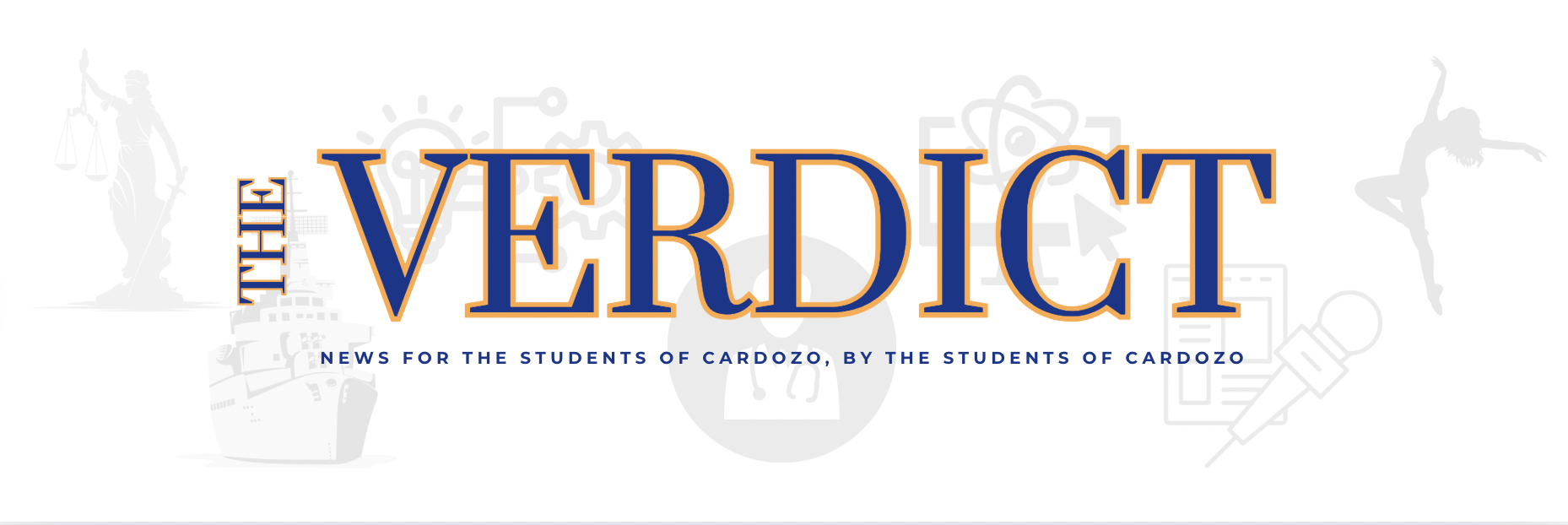It’s safe to say that everyone knows what standardized tests are. But did you know that even though standardized tests date back to the mid-1800s, they only became popular in 2002 when the No Child Left Behind Act (NCLB) was passed? This act was signed by President George W. Bush to ensure and improve students’ overall performance. Later on, all 50 states were required to hold annual testing.
According to the former president of the American Educational Research Association W. James Popham, standardized testing is “any test that’s administered, scored, and interpreted in a standard, predetermined manner.” New York High School students are most familiar with the regents held every January, June, and August. There’s also the SAT and ACT that prepare students for college.
As much as students despise standardized testing, we have to admit that it helps prepare students for higher education. The first two years of college consist of the general education (GE) courses that everyone has to take before they can take classes based on their major/focus. By taking the SAT or ACT, it makes sure that students are prepared and ready for these courses by knowing the basics.
However, college is not for everyone. Some go on to be even more successful than others who have graduated from college. The test-optional choice would be significantly helpful for these students. Though, more colleges have been going back to test-required, making Dartmouth University one of the first to do so.
Another reason standardized testing should not be a prominent factor in the college admissions process is that only some students are strong test takers. For most people, being good at taking tests is a skill that requires patience and discipline. Even if a student mastered taking tests, they can still struggle with test anxiety. When one is under pressure, one might not be able to think straight.
This led to Brandon Busteed, executive director of Education & Workforce Development stating, “Despite an increased focus on standardized testing, U.S. results in international comparisons show we have made no significant improvement over the past 20 years… The U.S. most recently ranked 23rd, 39th, and 25th in reading, math, and science, respectively. The last time Americans celebrated being 23rd, 39th, and 25th in anything was … well, never. Our focus on standardized testing hasn’t helped us improve our results!” This shows that even despite the efforts to increase the number of standardized tests per year, statistically the US is still behind compared to other countries.
Students from different backgrounds and levels of income are also at a disadvantage when it comes to standardized testing. Wealthy kids tend to have higher standardized test scores due to “differences in brain development caused by factors such as access to enriching educational resources and exposure to spoken language and vocabulary early in life.” Additionally, Eloy Ortiz Oakley, Chancellor of California Community Colleges, points out, “Many well-resourced students have far greater access to test preparation, tutoring and taking the test multiple times.”
Clearly, standardized testing should not be taken as seriously as it doesn’t measure everyone’s abilities and sometimes showcases an unfair bias.

